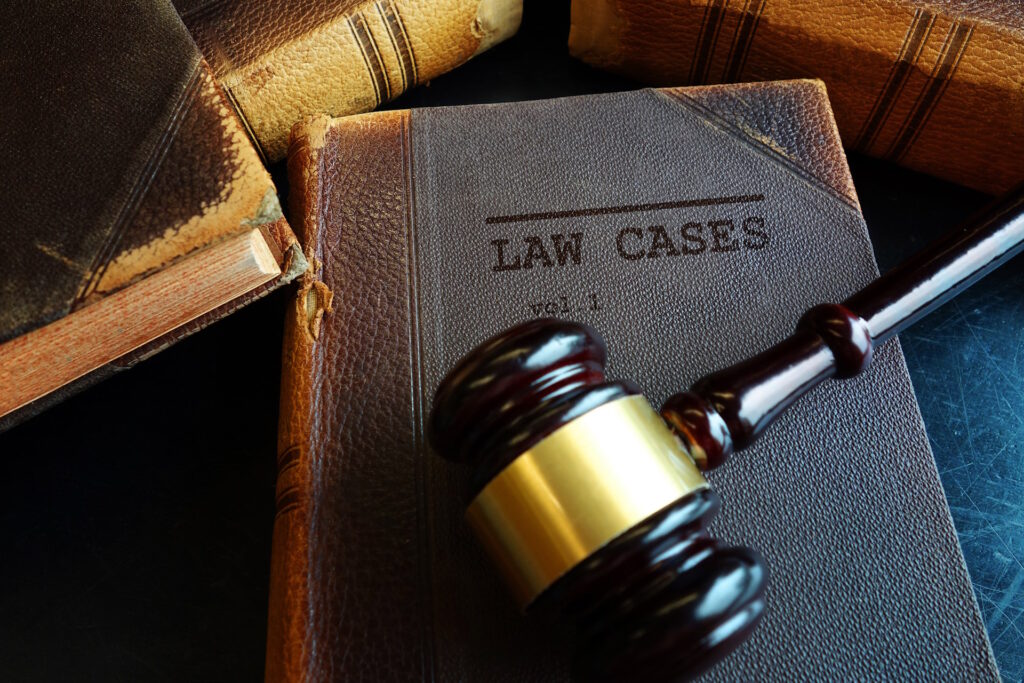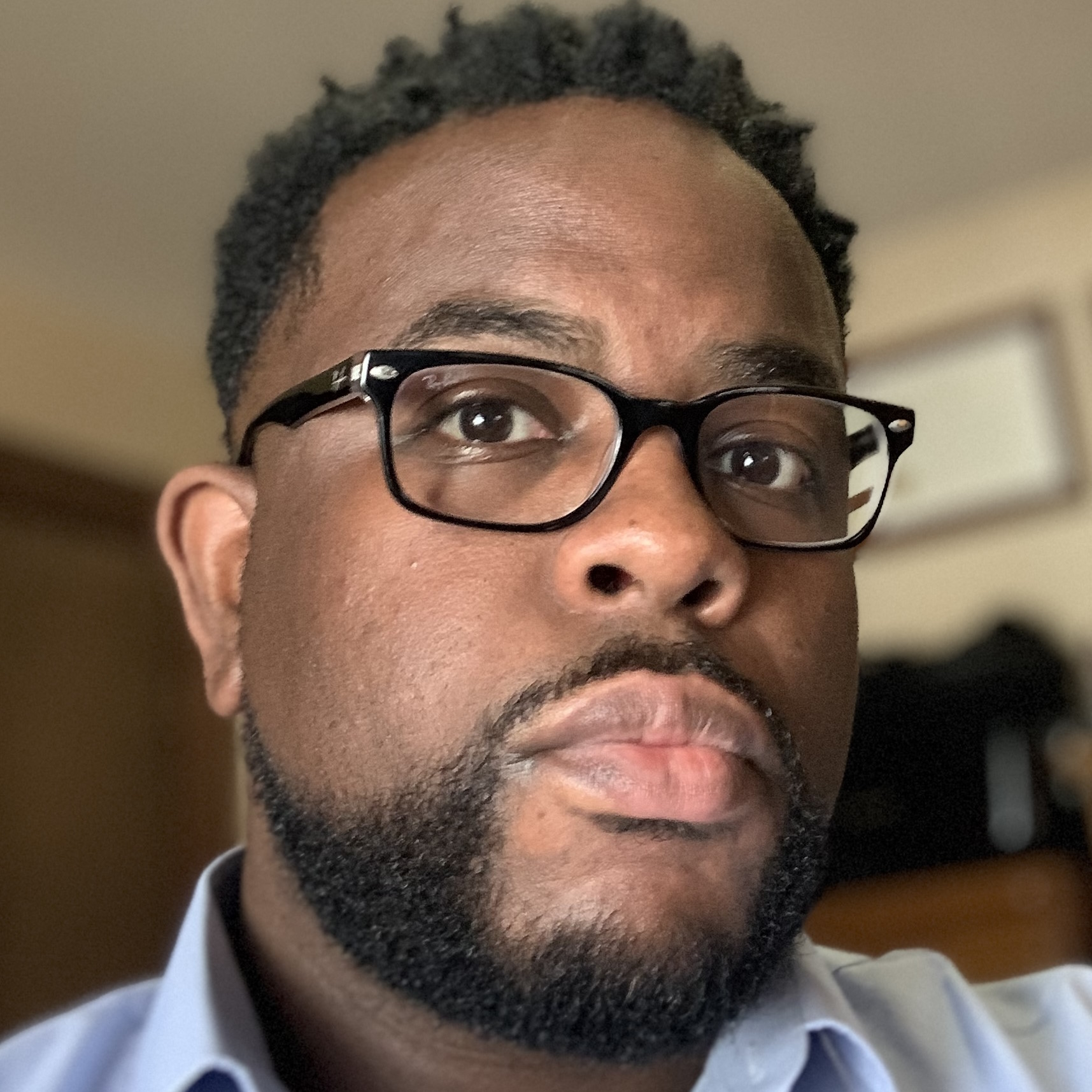Federal court finds “exceptional circumstances” in rejecting Sixth Amendment challenge to remote deposition of foreign witness.
The benefits of remote civil proceedings are quite obvious. By removing the burden of travel from the equation, parties stand to gain more time and flexibility with less expenditure. So it’s no surprise that remote depositions remain a solid option in this post-pandemic world. Convenience and efficiency may go a long way toward securing leave of court or party stipulation. Remote proceedings make both business and practical sense.
But what about remote appearances in criminal proceedings, particularly remote criminal depositions? On the surface, depositions pursuant to the Federal Rules of Criminal Procedure suggest little difference from their civil counterparts. With a few exceptions, Rule 15(e) of the Federal Rules of Criminal Procedure states that criminal depositions, “must be taken and filed in the same manner as a deposition in a civil action[.]” However, remote criminal proceedings may face additional hurdles where the defendant’s constitutional protections are at issue. A defendant could argue that a remote appearance violates his Sixth Amendment right to confrontation. In other words, a defendant might challenge a remote appearance on the grounds that it violates his Sixth Amendment right “to be confronted with the witnesses against him[.]” This raises the issue of determining what a proper “confrontation” actually entails.
In the federal case of United States v. Jacob Daskal, the U.S. District Court for the Eastern District of New York determined that the “right to face-to-face confrontation is not absolute.” The issue before the court in Daskal centered on the defendant’s request to conduct an in-person deposition of a foreign witness. In what the court saw as a questionable assertion of his Sixth Amendment protections, the defendant argued that a remote deposition of this defense witness would violate his Sixth Amendment right to confrontation and effective assistance of counsel. The foreign witness refused to travel to the United States for the trial, which prompted the court to suggest testimony via videoconference technology. Although the U.S. Government agreed to this plan of action, the defendant sought to have the deposition conducted in-person in Israel.
 In denying the defendant’s request, the court based its decision on comparison to case precedent, which applied Rule 15 analysis to determine that closed circuit television did not violate a defendant’s Sixth Amendment protections where, under exceptional circumstances, such remote testimony would further the interest of justice. Further case precedent, applied a similar Rule 15 standard, allowing CCTV appearance where proffered testimony is material, the witness is unavailable, and the use of CCTV is considered to be in the further interest of justice. The court also acknowledged the Second Circuit’s allowance for remote appearance where the witness is otherwise untenable as well as when proposed in light of COVID-related health concerns. Still, the court insisted that exceptional circumstances as justification for remote criminal trial testimony predates and extends beyond the COVID-19 pandemic, noting that “While this practice undoubtedly became more common during the COVID-19 pandemic, applicable law in this circuit predates the pandemic and by no means limits the use of [videoconference technology] testimony to times of severe public health crisis.”
In denying the defendant’s request, the court based its decision on comparison to case precedent, which applied Rule 15 analysis to determine that closed circuit television did not violate a defendant’s Sixth Amendment protections where, under exceptional circumstances, such remote testimony would further the interest of justice. Further case precedent, applied a similar Rule 15 standard, allowing CCTV appearance where proffered testimony is material, the witness is unavailable, and the use of CCTV is considered to be in the further interest of justice. The court also acknowledged the Second Circuit’s allowance for remote appearance where the witness is otherwise untenable as well as when proposed in light of COVID-related health concerns. Still, the court insisted that exceptional circumstances as justification for remote criminal trial testimony predates and extends beyond the COVID-19 pandemic, noting that “While this practice undoubtedly became more common during the COVID-19 pandemic, applicable law in this circuit predates the pandemic and by no means limits the use of [videoconference technology] testimony to times of severe public health crisis.”
The court reasoned that several factors resulted in exceptional circumstances in Daskal. First, the witness refused to travel from Israel to the United States. Second, the Court considered the defendant’s notice for an in-person deposition to be late. And third, the court determined that conducting an in-person deposition in this instance would cause “substantial hardship” since it would take place just one week prior to the scheduled start of trial. Additionally, the Court determined that the defendant’s confrontation concerns were belied by the fact that this was a deposition of his own witness:
“[The defense witness] would not be called to levy testimony against Daskal; the defense seeks to call Ms. Finkel to proffer testimony helpful to their case. Indeed, Defense counsel has interviewed Ms. Finkel on multiple occasions, and is fully aware of the testimony she intends to give at trial. The risk that she will wrongfully implicate an innocent defendant is already reduced by her very role in this trial.”
On a case-by-case basis, the prospect of remote appearances may prove more contentious for criminal proceedings than civil matters. However, Daskal shows that courts aren’t necessarily hostile to the use of remote videoconference technology in the further interest of justice. As for the Sixth Amendment, Daskal shows that exceptional circumstances can allow proper confrontation through remote technology. Courts are willing to embrace legal technology and the modern era.
Readback is a modern deposition service for these modern times. Driven by our Multi-intelligence Service Team, Readback uses state-of-the-art technology to provide an empowering deposition experience. The deposition is conducted by a remote human Guardian to assist with exhibits, read back testimony, and make sure the process runs smoothly. A team of human transcribers accesses the proceeding via a live feed to produce a verbatim transcript. Readback’s flagship category of service, Active Reporting, offers certified transcripts in one day, rough drafts in one hour, and access to a near-time feed during the proceeding. Visit Readback’s Frequently Asked Questions page to learn more.
* Disclaimer: Readback is neither a law firm nor a substitution for legal advice. This post should not be taken as legal opinion or advice.



